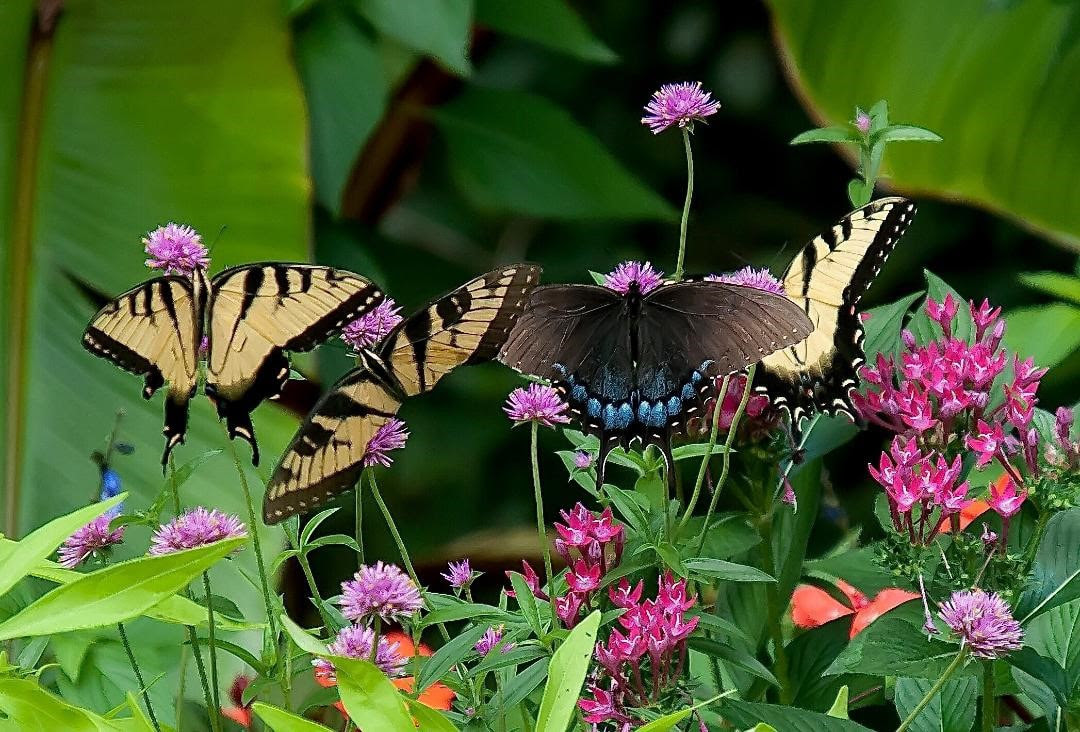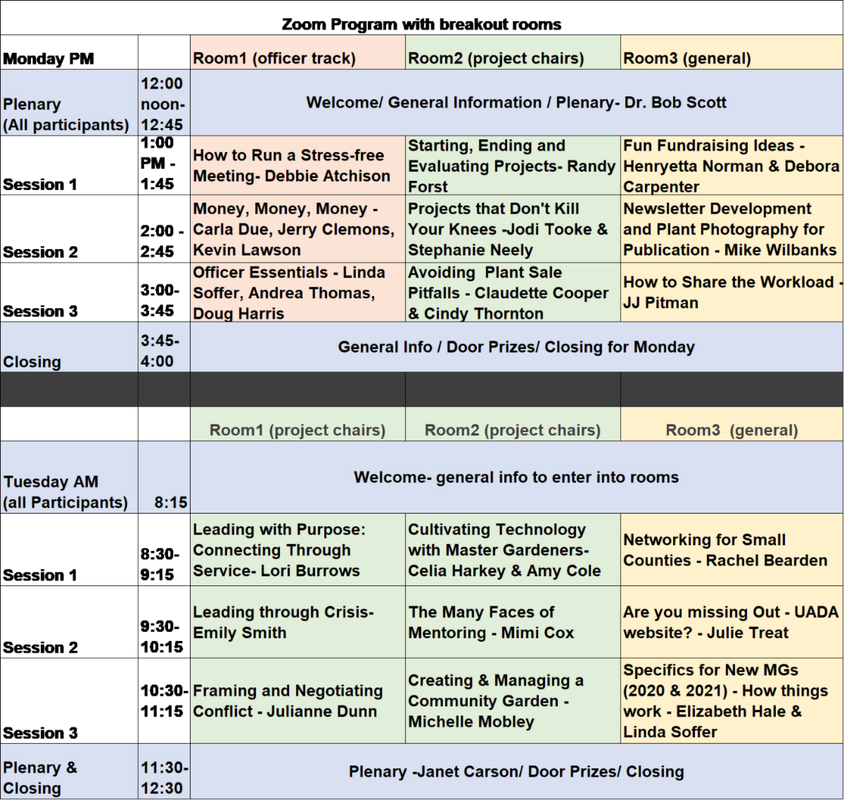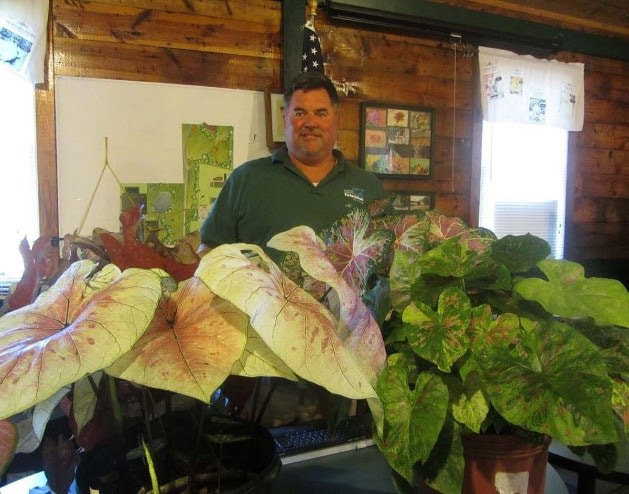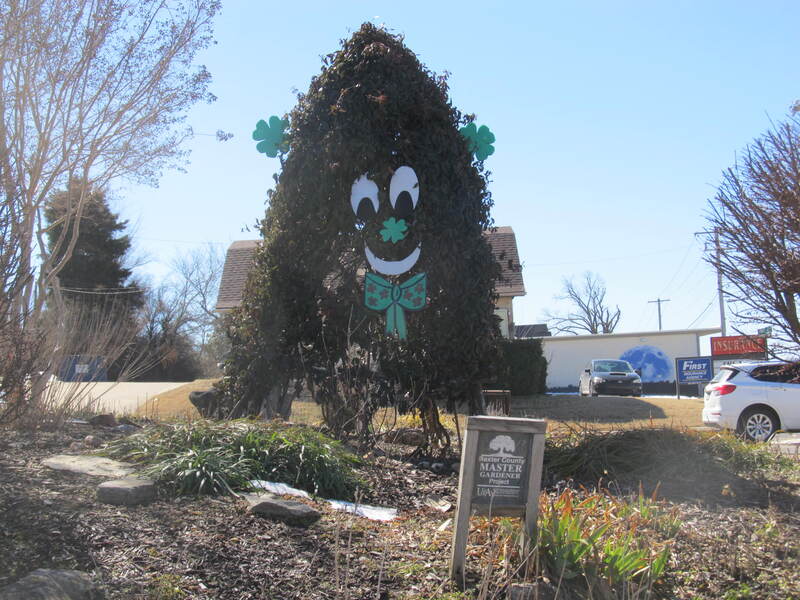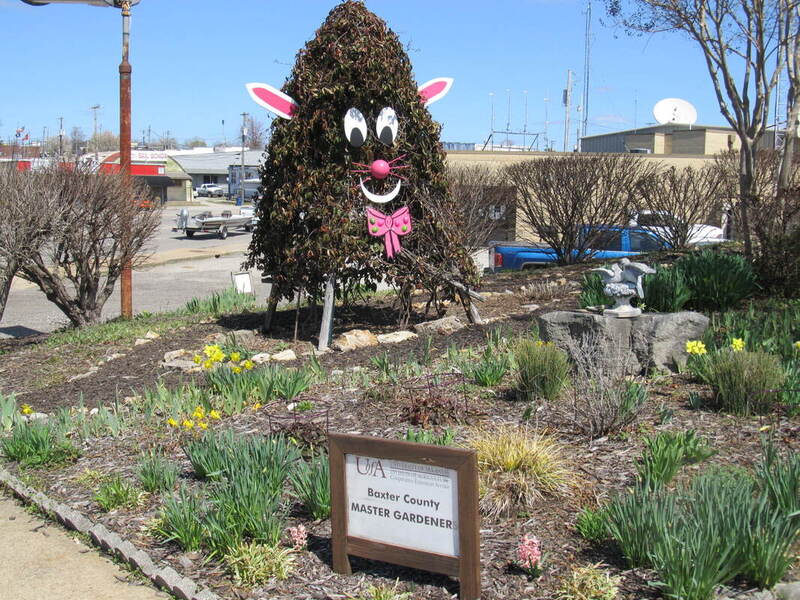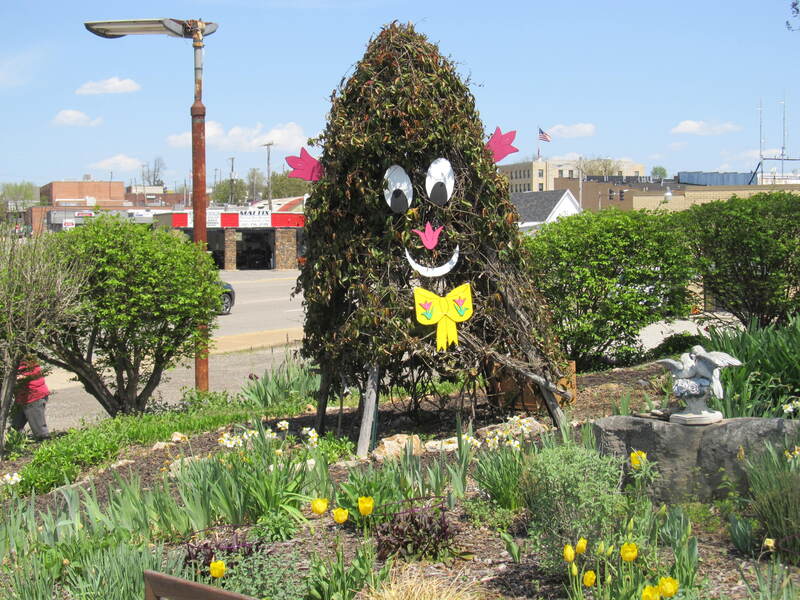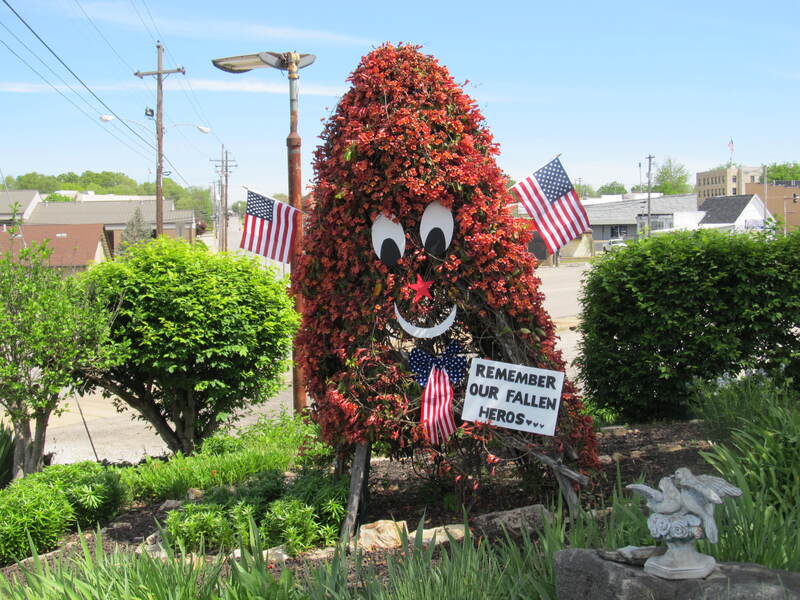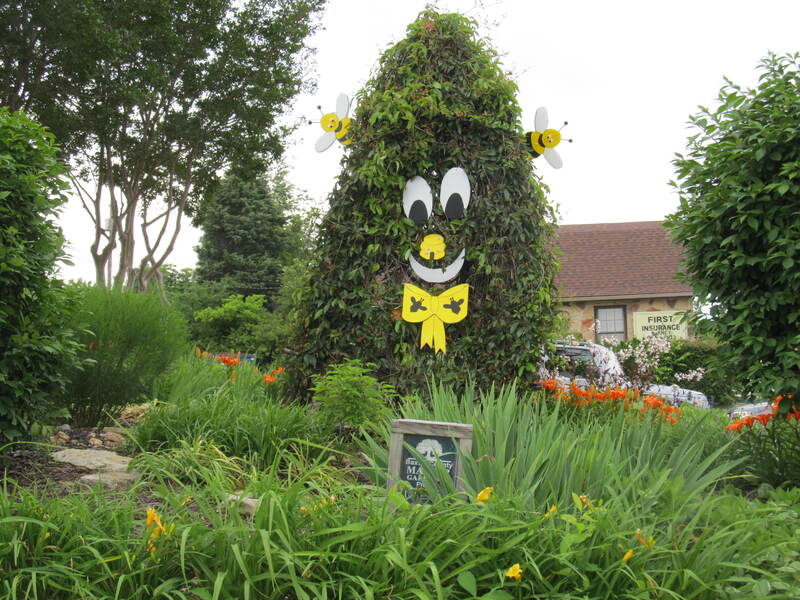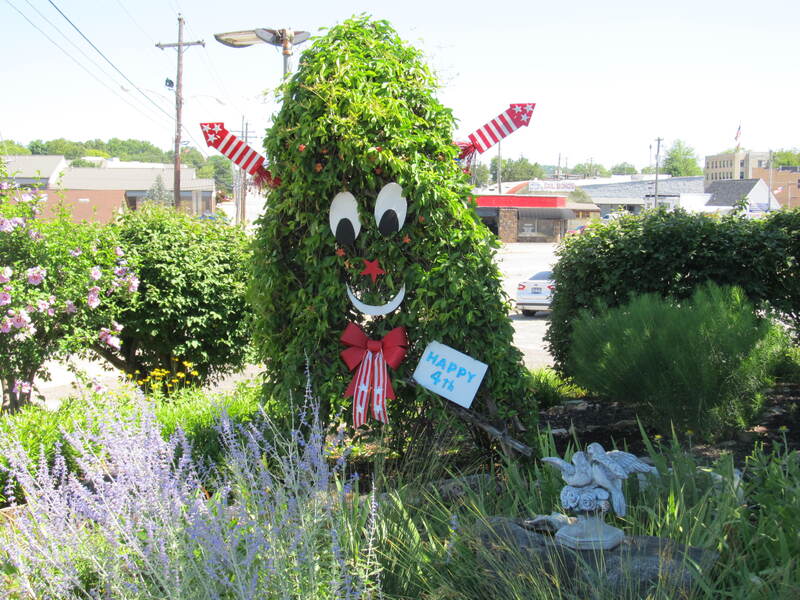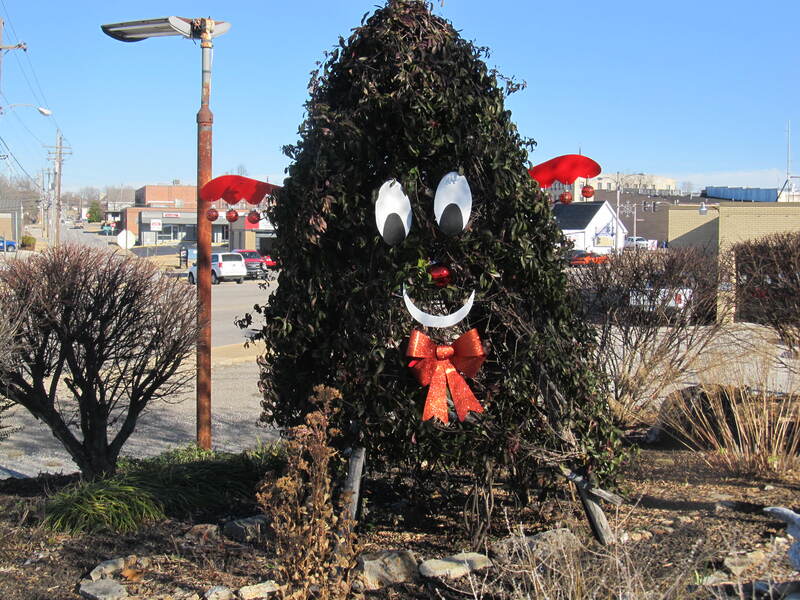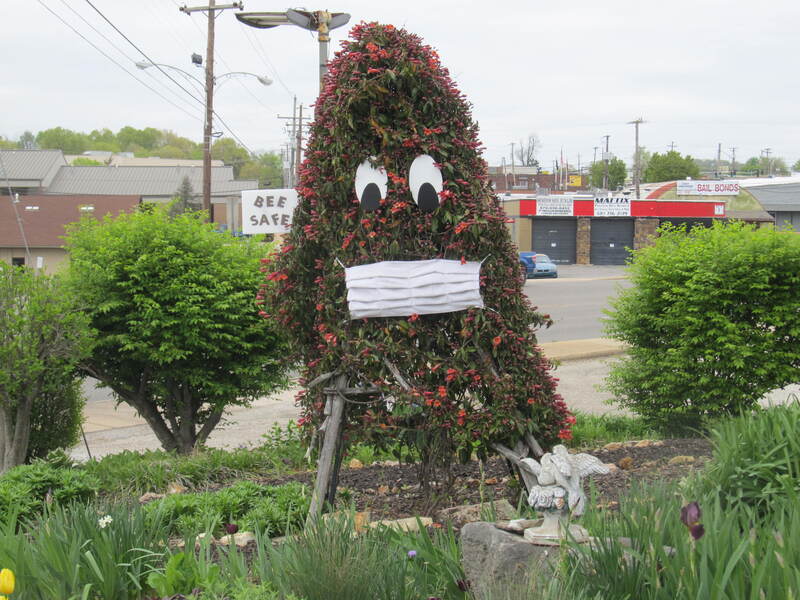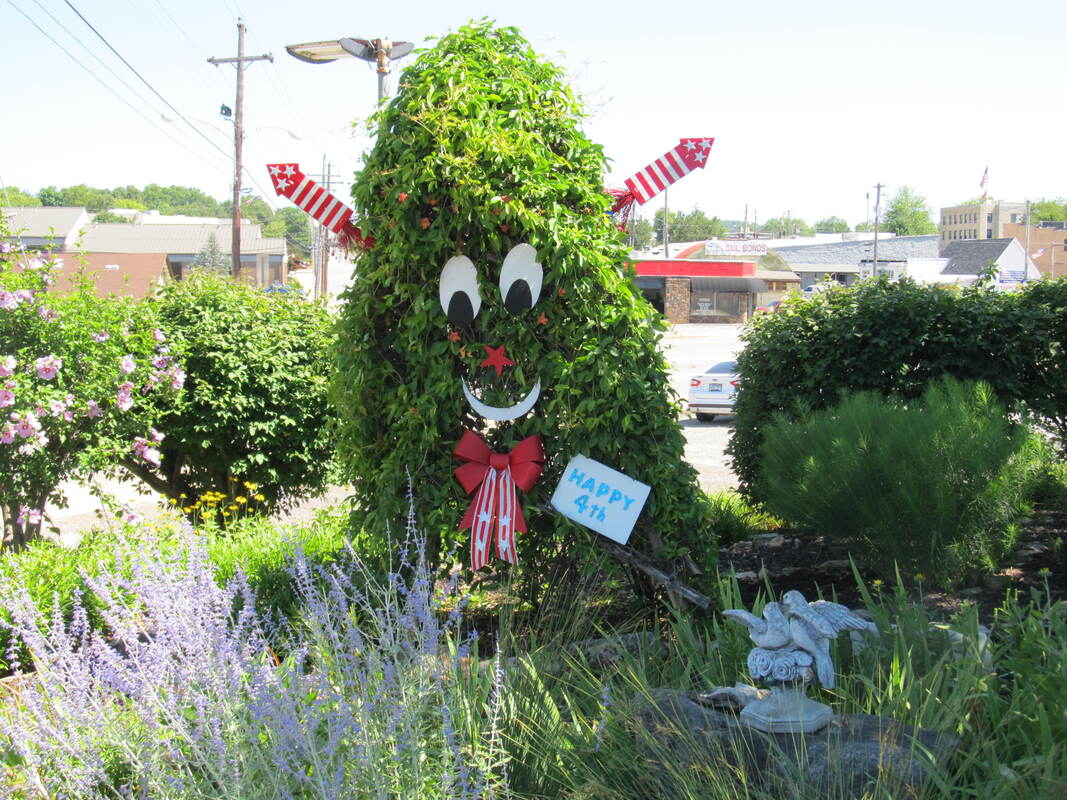|
Ozark Green Thumb BCMG Monthly e-Newsletter |
|
|
|
The following positions are available.
Board Positions - contact Susan Chamberlain
Event Positions - contact Ceil Gasiecki
Membership Positions - contact Julie Stewart
Administration Positions - contact Susan Chamberlain
0 Comments
2021 Master Gardener Appreciation Day 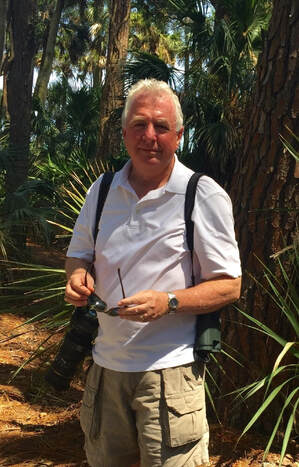 October 13, 2021 via Zoom 10:00 a.m. - Noon GUEST SPEAKER “Blooms, Birds and Butterflies” Norman Winter Horticulturist, Author and Speaker, Columbus, GA Known as “The Garden Guy”, Norman publishes articles in the LiveIt magazine. He brings to his own garden many plants that were grown at the Columbus Botanical Garden and at the Coastal Georgia Botanical Garden in Savannah. Take a look at the LiveIt September 2021 issue to read through his article titled “Good Golly Miss Molly: How beautiful you are”.
http://liveittexas.com/2021/09/good-golly-miss-molly-how-beautiful-you-are/ Norman invites you to follow him on Facebook @NormanWinterTheGardenGuy. See the posting in Buddy Messages for the link to preregister. Here’s your October gardening checklist!
For more information, contact the University of Arkansas Division of Agriculture Cooperative Extension office at 870-425-2335. Master Gardener Mondays is a monthly Zoom session discussing Master Gardener and horticulture topics. It is open to all Master Gardeners and County Agents.
MGM meetings are held ONLINE in ZOOM the third Monday of the month during the noon hour unless otherwise noted. The dates are posted in Buddy Messages and our e-Newsletter, Ozark Green Thumb. An email from UAEX or a Buddy Message will be sent out notifying you of the upcoming MGM. You must preregister to get the ZOOM link. Here are some aids to help you join a Zoom Meeting: Quick Tip sheet for Joining a Zoom Meeting 2021 Master Gardener Appreciation Day 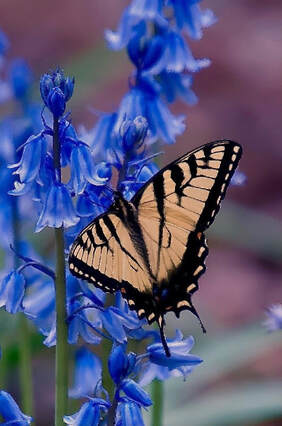 SAVE THE DATE October 13, 2021 via Zoom 10:00 a.m. - Noon Due to conditions across the State concerning COVID, the day will be celebrated via a Zoom event with a guest speaker. Sponsored by County 76
If any questions, contact Susan Colles (scolles53@yahoo.com or 479-857-8544) or Julie Treat (jtreat@uada.edu or 501-671-2231). Arkansas Orchid Society's annual rhizome sale will be Sunday, Sept. 19 at 1:30 p.m. at Christ Episcopal Church, 6th & Scott Streets in Little Rock.
For more information contact Jerry Brown jerrynalice@att.net or follow us on Facebook REGISTRATION Information for Plant, Nurture, Grow Leadership Conference Plant Nurture Grow Leadership Conference Hosted by County 76 September 20-21, 2021 on Zoom Monday, September 20, 2021 - noon to 4 p.m. Tuesday, September 21, 2021 - 8:15 a.m. to 12:30 p.m. *Open to all Master Gardeners and County Agents *One link for both conference days. *Conference will be recorded and sent to those that register for the conference. Registration deadline is September 15, 2021. No refunds given after September 15, 2021. This year we will have break out sessions during the Zoom conference. You will be asked to select the session you plan to attend at registration. (Session selection is not binding and changes can occur at the time of the conference.) PNG Leadership Conference is a good conference for officers to learn more about the MG Program and hone their officer skills. The light pink color in the schedule below is a good list of sessions for an officer to attend. Please review the schedule below before registering for the conference. See Buddy Messages for the registration link. Chairs: Gail McClure, Linda Soffer & Rose Ann Houston
For questions about these meetings, contact Gail McClure - gail.y.mcclure@gmail.com or 501-348-4774 OR Julie Treat - jtreat@uada.edu or 501-671-2231 The following positions are available.
Board Positions - contact Susan Chamberlain
Event Positions - contact Ceil Gasiecki
Membership Positions - contact Julie Stewart
Administration Positions - contact Susan Chamberlain
Here are a few items to pay attention to around the garden in the coming weeks
The following positions are available.
Board Positions - contact Susan Chamberlain
Event Positions - contact Ceil Gasiecki
Membership Positions - contact Julie Stewart
Administration Positions - contact Susan Chamberlain
For more information on any of the above points, contact the U of A Division of Agriculture Cooperative Extension office at 870-425-2335. Master Gardener 2021 Award Winners (awarded in 2021 for program year 2020)
Challenge Award (51 or more) - Washington County, Susan Gardner Master Gardener Newsletter of the Year (50 or less) Greene Garden News, Angela Loveless, Editor, Greene County. Master Gardener Newsletter of the Year (51 or more) Weeder's Digest, Donna Tolewitzke, Editor, Craighead County Friend of Master Gardener (Individual) Jim Howard, Greene County Friend of Master Gardener (Individual) Christy Gerard, Craighead County Friend of Master Gardener (Business) Cleveland County Herald, Cleveland County Friend of Master Gardener (Business) Harps Food Store #391,Garland County Master Gardener Rookie of the Year (50 or less) Mark Skalka, Lonoke County Master Gardener Rookie of the Year (51 or more) Joan Lambert, Garland County Master Gardener of the Year (50 or less) Marty Bowlin, Cleveland County Master Gardener of the Year (51 or more) Stephanie Neely, Craighead County Master Gardener Project of the Year (50 or less) Cabot Library Project, Lonoke County Master Gardener Project of the Year (51 or more) Helping Hands Food Pantry Garden, Benton County Excellence In Education Award (50 or less) Green County Youth Teaching Garden, Greene County MG Program Agent of the Year (50 or less) Randy Black, Montgomery County MG Program Agent of the Year (51 or more) Randy Forst, Pulaski County Master Gardener Years of Service Click the link below to view the list Years of Service List (pdf) 2021 Janet B. Carson County Scholarship Recipient Pope County's Garden of Hope The garden is a cooperation between Pope County Master Gardeners and the Pope County Probation Department. Children are assigned to do their community service hours at the garden. The goal of the project is to provide a positive life experience to young people by teaching gardening principles. These will include preparing the soil, caring for plants from seed through harvesting, composting and the importance of pollinators. The objective is that through this process the children will learn important life lessons. 2021 Janet B. Carson High School Scholarship Recipients Matthew Exum, Green County Technical High School, Greene County Matthew has always been interested in all aspects of agriculture. After working as an assistant for a crop consulting firm, he was drawn toward learning more about making the best possible crop and yield and the science behind the development of the various products used. He states, “Agriculture is changing daily, and I want to be part of that change.” His career goal is to become an agronomist. Matthew is known as an exceptional student, having a tremendous work ethic, and being very dependable. Matthew has been accepted at Black River Technical College where he will pursue a degree in Crop Science. Clay Farmer, Marmaduke High School, Greene County His experience of working with various farms inspired Clay to realize the importance of maintaining crops, which allows farmers to make timely, informed, and economical decisions. His ultimate goal is to become a crop consultant where he hopes to enable farmers to confidently make impactful decisions. Clay is known as an organized and proactive leader with an outstanding work ethic, and as a model citizen to his community. Clay has been accepted at Arkansas State University where he will pursue a degree in Plant & Soil Science. Sunny Jones, Conway High School, Faulkner County Sunny believes that plant science serves as the foundation for civilization’s future. His plans include owning a business with regenerative agriculture and environmentally friendly spaces to support healthy biodiversity. His ideas include an ecological haven with a native plant garden, a community garden as well as a commercial vertical garden for organic produce. Sunny is known as being intelligent, intuitive, and self-reflective and as having a giving nature. Sunny has been accepted at the University of Arkansas Honors College where he will major in Horticulture, Landscape, and Turf Sciences/Environmental Science. BCMG Service Award recipients are:
10 years Wayne Buck Janice Rose 15 years Margareta Schmutzler 20 years Theresa Boekholder Anita Hayden 25 years Nancy Buff Jane Druff Barbara Goodlett Duane Goodlett YOU ARE INVITED TO JOIN US A Special Event to honor our New Master Gardeners and their Mentors from the Classes of 2020 and 2021. Use the link below to register for this event https://uada.zoom.us/j/93183357457?pwd=azkwT2F0L1NIdkJqeFMzeHZJUzRPZz09 “How to Out-Garden Your Neighbor” August 5, 2021 - 10:30 AM to 12 Noon Guest Speaker Hayes Jackson “The Plant Whisperer” Hayes is an Urban Regional Extension Agent from Calhoun County in Anniston, AL. He is also the Director of Longleaf Botanical Gardens. He is an entertaining and enjoyable speaker. Come Join us! RRR Project of County 76
(Recruitment, Retention & Recognition) Mimi Cox, Chair Hilde Simmons, Co-chair Baxter County Master Gardeners will be hosting a training class on
September 22, 29 and October 6, 20, & 27 All 5 classes must be attended to complete the training. Each session runs from 8:00 am until 4:30 pm. Class location will be determined based on the number of trainees. The classes are via ZOOM streamed at the class location. The cost will be $100 to cover the training, first year dues, and a name badge. Deadline to register is Friday, August 27th. Click here to download the application: 2021 ZOOM Master Gardener Training Application For more information, contact Brad Runsick at the Extension Office at (870) 425-2335; or stop by to pick up an application at 3 East 9th St., Mountain Home. Master Gardeners have a problem, and we're coming to all of you for our help.
We have a garden project at the corner of 5 South and 62B, across from the Sheriff's office. We have a planting there with a 'dude' standing there saying "Hi" to all who pass by him. But he doesn't have a name!!! So we are having a Name the Dude Contest. Entries can be made at the Baxter County Fair, which will be held August 24 to 28 of this year. And yes there is a prize for the winner -- only one winner, and there will be a choice of one of the following: One Free Registration for the Master Gardener Training Class, a $100 value or $100 Gift Card to Kelley Thomas Nursery or $100 Gift Card to Carl Wayne Nurseries or $100 Gift Card to Wal Mart .....the winner's choice of one of the four prizes!!! So get those wheels turning, and let's 'Name the Dude'! Come visit us at the County Fair at the Horticulture Room in the Education Building to submit your entry. 2021 MASTER GARDENER AWARDS EVENT July 19, 2021 at Noon Join the celebration with the winners of the 2020 Master Gardener Awards. A special time has been scheduled for the presentation of the 2020 Master Gardener Awards this year. Make plans to attend the Zoom session where your county may be recognized as having a winner of an award. Nominations for the Awards were accepted in two divisions: Membership less than 50 members and Membership over 50 members. The award categories are: Master Gardener of the Year Rookie of the Year Project of the Year Newsletter of the Year Friend of Master Gardener - Business or Organization Friend of Master Gardener - Individual Excellence in Education County Agent of the Year 2020 MG Challenge Award Mark your calendars for July 19 at Noon and clap with everyone as awards are presented. Click on the link below to register. https://uada.zoom.us/meeting/register/tJIlfumorjMpHdAL_AYEOo8h45laRQzgPmgq Registration is required. RRR Project of County 76 (Recruitment, Retention & Recognition) Mimi Cox, Chair Hilde Simmons, Co-chair ------------------------------------------------------------------------------------------------------------
Arkansas Master Gardener Program | 2301 South University Avenue, Little Rock, AR 72204 The following positions are available.
Board Positions - contact Susan Chamberlain
Project Site Positions - contact Susan Chamberlain
Event Positions - contact Ceil Gasiecki
SAVE THE DATE! If you are a new Master Gardener or a mentor of a new Master Gardener, make plans to attend this event. WHAT: MG Program via Zoom, We Are Here for You - Welcome to the Arkansas Master Gardener Program WHEN: August 5, 2021 TIME: 10 a.m. to 11:30 a.m. WHO CAN ATTEND: Newly Trained Master Gardeners, Their Mentors and County Extension Agents from 2020 and 2021. Welcome to the Arkansas Master Gardener Program and remember “We Are Here for YOU!” RRR Project of County 76 (Recruitment, Retention & Recognition) Mimi Cox, Chair Hilde Simmons, Co-chair ---------------------------------------------------------------------------------------------------------
Arkansas Master Gardener Program | 2301 South University Avenue, Little Rock, AR 72204 Here’s the checklist for things to be on the lookout for as we get deeper into summer.
For more information on any of the above topics, please feel free to contact the University of Arkansas Division Of Agriculture Cooperative Extension Service at 870-425-2335. |
Archives
April 2022
|
|

